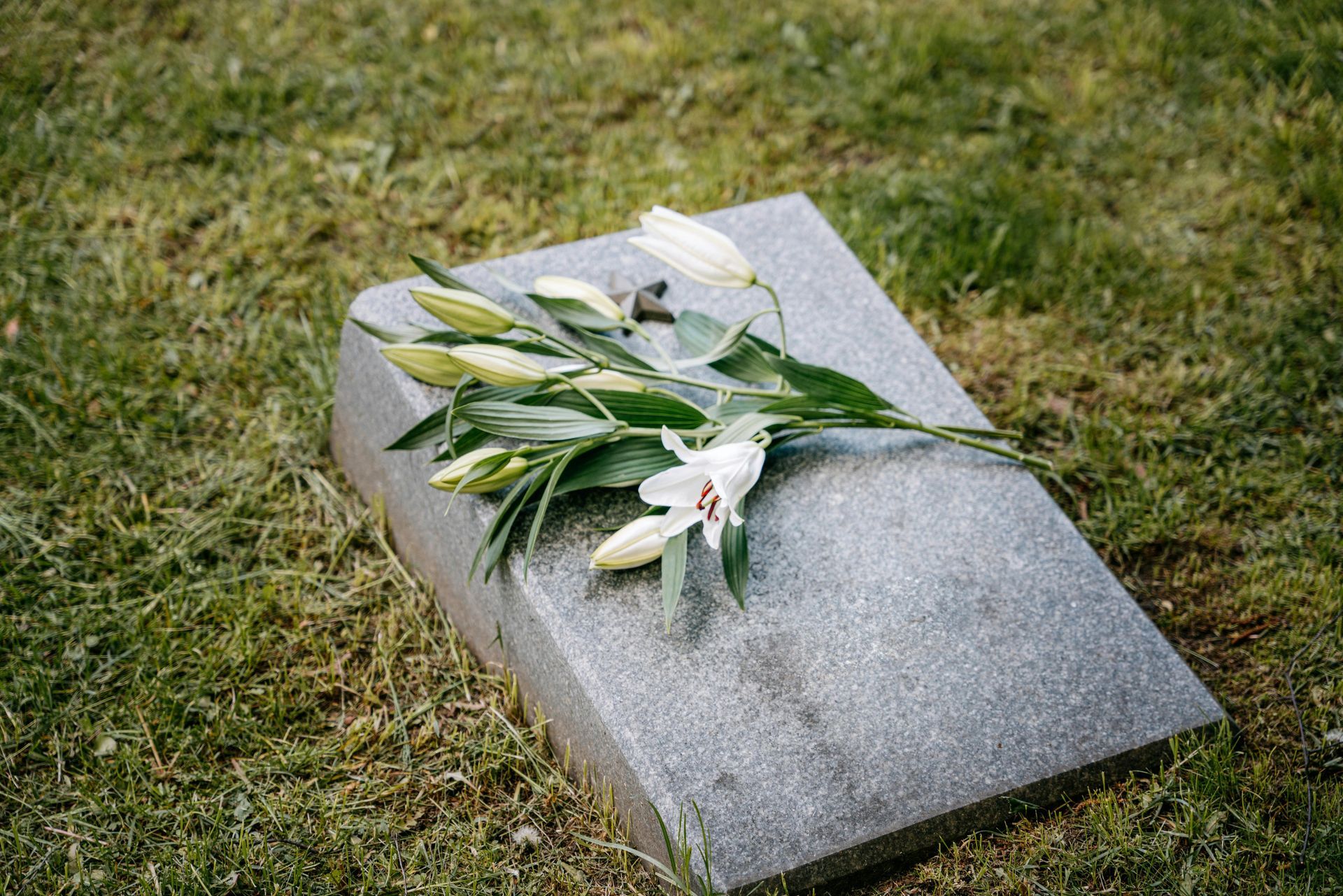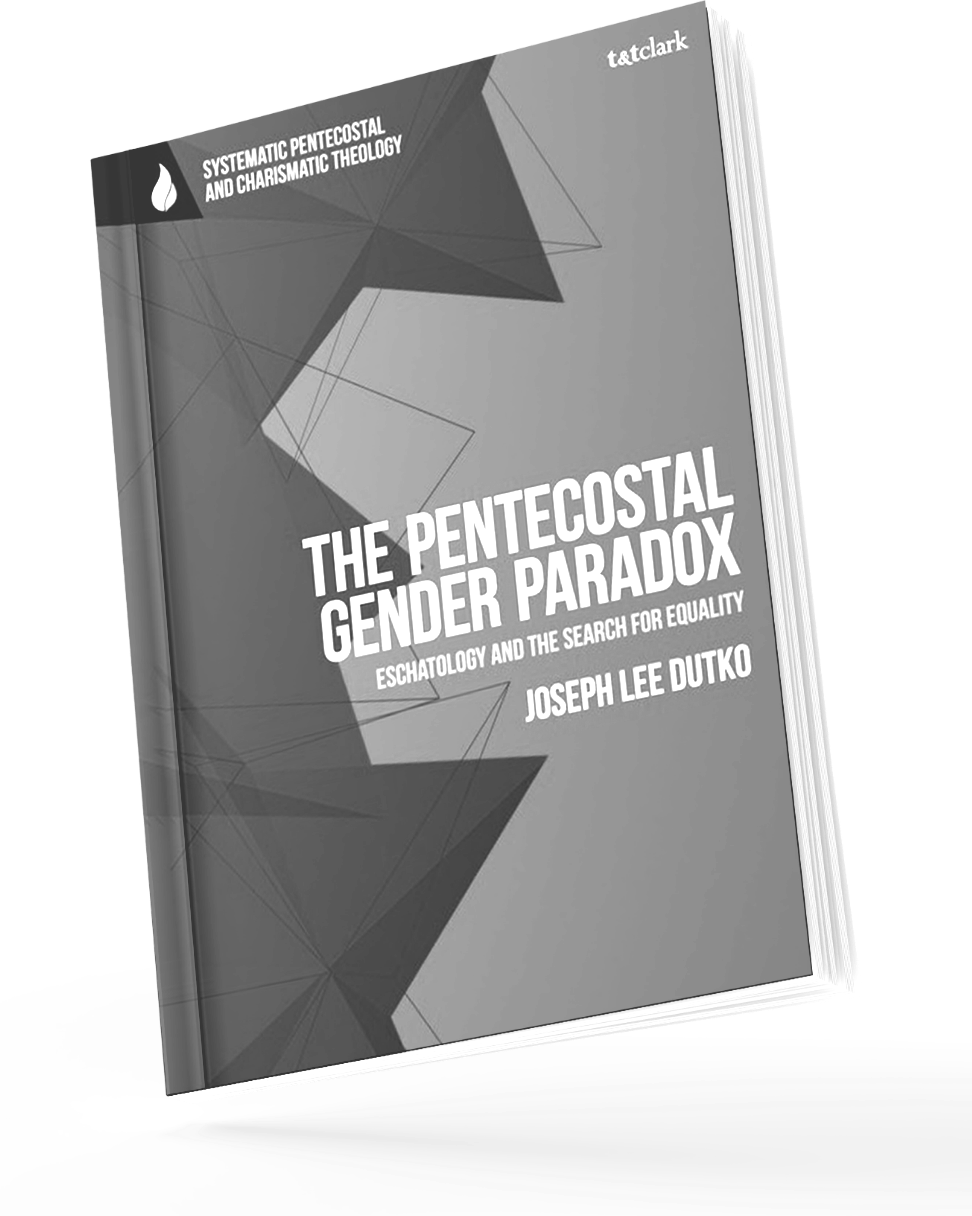The Rhythm of Sabbath
Note: this is one of a few archived blog posts I carried over from my old site just for fun and to preserve some “history.” It may or may not reflect current thoughts or feelings. This post is from November 2011.
I finally understand how the Sabbath flows into and impacts the whole week. In the past I treated the Sabbath as something that only influenced one day of my week; therefore, I don’t think I was tapping into the rhythm of Sabbath that God really intended. Let me explain by looking at the day before and the day after the Sabbath for me right now:
Friday
Lynne Baab writes in her book on Sabbath that “true relaxation on the Sabbath requires preparation” (85). Baab explains that when she lived in Israel she could feel the anticipation of the day of rest as people prepared their meals, finished all their grocery shopping, cleaned the house, and finished all their work so that they could experience true rest on the day ahead. Preparation and anticipation are key factors in experiencing the fullness of the Sabbath.
Whereas I used to leave things for the Sabbath that needed to be done but perhaps weren’t officially tied to my work, now I try to finish everything possible on the day before. For me, this means doing all my errands, grocery shopping, going to the gym, finishing laundry, cleaning up the house, taking care of emails and phone calls, and anything that I consider to be “getting something done.” I even go as far as laying out my clothes and all materials I need for Sunday morning, which is my “back to work” day.
Just as the Israelites had to gather twice as much manna the day before the Sabbath, so we might have to work a little harder to prepare ourselves for the Sabbath. The result of all this is I look forward to and enjoy the Sabbath more than ever–it truly becomes a day of holy freedom.
Saturday: Sabbath
Sunday
Sunday is my longest and most exhausting work day of the week. Baab makes a case for thinking of Sabbath as being the first day of the week: “Adam and Eve were created on the sixth day, so their first full day on earth was the seventh day, the Sabbath . . . They didn’t begin to work until they had rested in God’s presence” (97).
Since being more intentional about how I prepare for and observe the Sabbath, I’ve found myself having more energy, more joy, and a better perspective as I work from early morning to late at night on Sunday. I previously dreaded the feeling of the physical, emotional, and mental exhaustion I experience on Sunday, but somehow it doesn’t seem as bad anymore, and I feel less spent at the end of Sundays than I used to.
The Sabbath has become “a discipline that seems to splash grace over the other days of the week as well” (Baab, 99). The first couple days of my work week are spent looking back at the Sabbath and reliving its joy. The days leading up to the Sabbath are spent in preparation and anticipation of what lies ahead. This rhythm of time that the Sabbath creates is an important and often overlooked element of God’s plan for the Sabbath.
NEWSLETTER SIGNUP (blog post layout)
ABOUT JOSEPH
Pastor, Author, and sometimes pretends to be a Scholar
Joseph (PhD, University of Birmingham) is the author of The Pentecostal Gender Paradox: Eschatology and the Search for Equality.
Since 2015, he and his wife have together pastored Oceanside Community Church on Vancouver Island, where they live with their four children.










